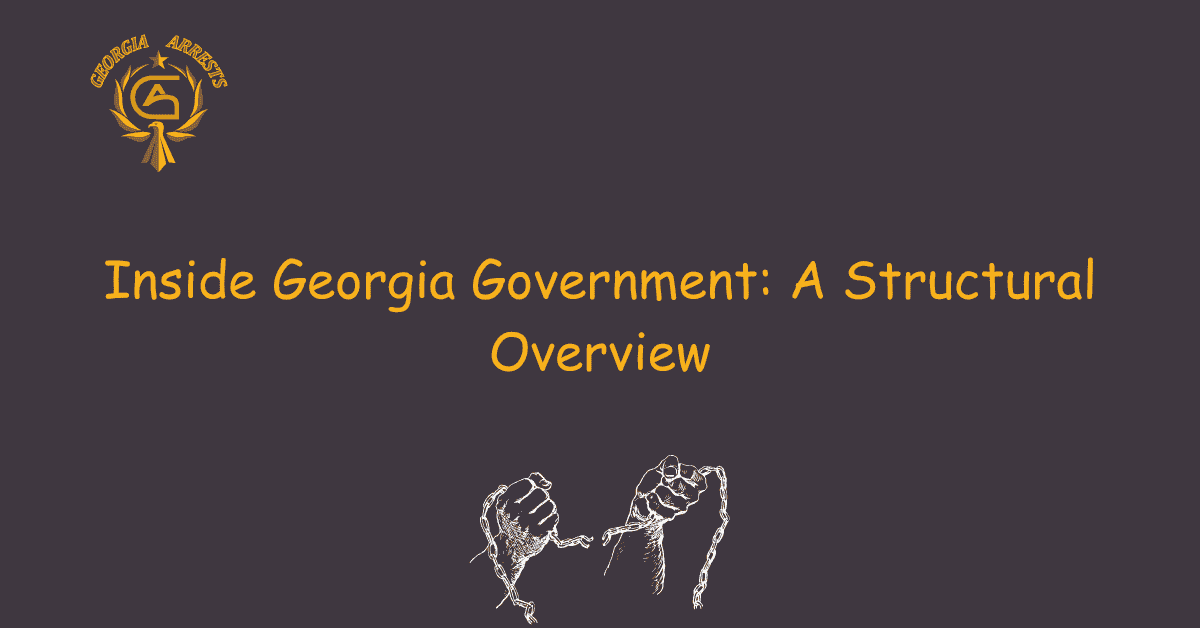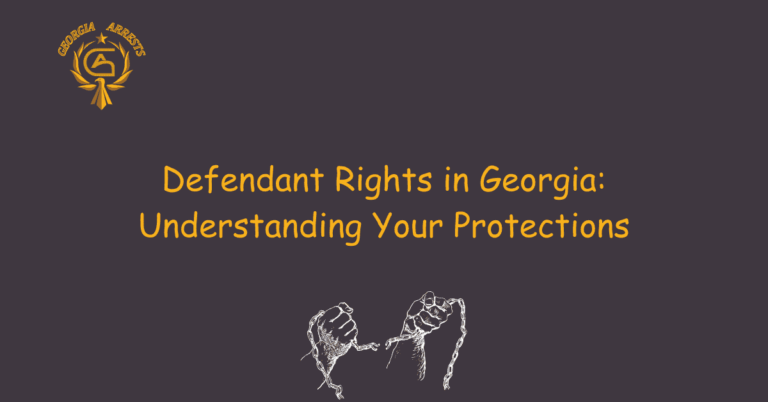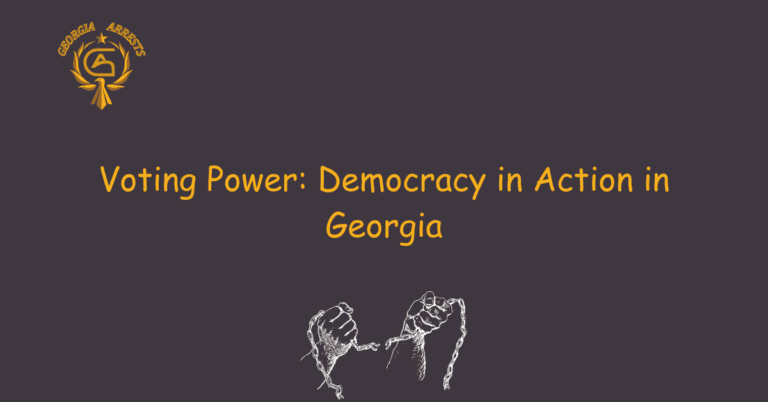Inside Georgia Government: A Structural Overview
Georgia Government is a complex system that plays a crucial role in the state’s operations and decision-making processes. From the executive branch to the legislative and judicial branches, each component has its responsibilities and functions. Understanding the structure of Georgia’s government is essential for citizens to actively participate in the democratic process and have a voice in shaping the state’s policies and laws.
The executive branch of Georgia Government is headed by the Governor, who is elected by the citizens of the state. The Governor is responsible for implementing and enforcing laws, overseeing state agencies, and representing Georgia in various capacities. Additionally, the executive branch includes other elected officials, such as the Lieutenant Governor and the Secretary of State, who have specific roles in the governance of the state. Together, they form the administrative arm of Georgia’s government.
The Legislative Branch: Making Laws for Georgia
The legislative branch of Georgia Government is responsible for creating and enacting laws that govern the state. It is composed of two houses: the Senate and the House of Representatives. The members of both houses are elected by the citizens of Georgia and represent various districts throughout the state.
The Senate: Deliberating on State Matters
The Senate is one of the two houses of the Georgia General Assembly. It is made up of 56 senators who serve four-year terms. The Senate is responsible for considering and debating proposed legislation, as well as approving or rejecting bills that have been passed by the House of Representatives. Senators also have the power to confirm or reject appointments made by the Governor.
The House of Representatives: Representing the People
The House of Representatives is the other house of the Georgia General Assembly. It consists of 180 representatives who serve two-year terms. The House of Representatives is responsible for introducing and passing bills, which are then sent to the Senate for consideration. Representatives also have the power to impeach state officials and initiate the state budget process.
The Judicial Branch: Ensuring Justice and Fairness
The judicial branch of Georgia Government is responsible for interpreting and applying the law. It ensures that justice is served and that the rights of individuals are protected. The judicial branch is composed of various courts, each with its own jurisdiction and authority.
The Supreme Court of Georgia: The Highest Court
The Supreme Court of Georgia is the highest court in the state. It consists of a Chief Justice and six Associate Justices who are elected by the citizens of Georgia. The Supreme Court has the authority to review decisions made by lower courts and to provide final interpretations of the law. It also oversees the state bar and regulates the practice of law in Georgia.
The Court of Appeals: Reviewing Lower Court Decisions
The Court of Appeals is an intermediate appellate court in Georgia. It consists of a Chief Judge and 11 Associate Judges who are elected by the citizens of Georgia. The Court of Appeals reviews decisions made by lower courts and determines whether they were made correctly according to the law. It provides an important avenue for individuals to seek a fair and impartial review of their cases.
The Executive Branch: Implementing and Enforcing Laws
The executive branch of Georgia Government is headed by the Governor, who is elected by the citizens of the state. The Governor is responsible for implementing and enforcing laws, overseeing state agencies, and representing Georgia in various capacities. Additionally, the executive branch includes other elected officials, such as the Lieutenant Governor and the Secretary of State, who have specific roles in the governance of the state. Together, they form the administrative arm of Georgia’s government.
FAQs
What is the structure of Georgia Government?
The structure of Georgia Government consists of three branches: the executive branch, the legislative branch, and the judicial branch. Each branch has its own specific responsibilities and functions within the state government.
What is the role of the executive branch in Georgia Government?
The executive branch is responsible for implementing and enforcing laws. The Governor of Georgia is the head of the executive branch and is responsible for making important decisions, appointing officials, and managing the day-to-day operations of the state government.
What is the role of the legislative branch in Georgia Government?
The legislative branch is responsible for making laws. It consists of the Georgia General Assembly, which is made up of two chambers: the Senate and the House of Representatives. The members of the General Assembly are elected by the citizens of Georgia and are responsible for representing their interests.
What is the role of the judicial branch in Georgia Government?
The judicial branch is responsible for interpreting and applying laws. It consists of the Georgia Supreme Court, the Court of Appeals, and various trial courts. The judges in the judicial branch are appointed by the Governor and approved by the General Assembly.
How are the three branches of Georgia Government connected?
The three branches of Georgia Government are connected through a system of checks and balances. This means that each branch has certain powers and responsibilities that help to prevent any one branch from becoming too powerful. For example, the Governor can veto legislation passed by the General Assembly, but the General Assembly can override the veto with a two-thirds majority vote.
What is the purpose of the Georgia Government?
The purpose of the Georgia Government is to serve the citizens of the state by providing essential services, making and enforcing laws, and ensuring the well-being and prosperity of its residents. The government works to promote economic growth, protect public safety, and improve the quality of life for all Georgians.







